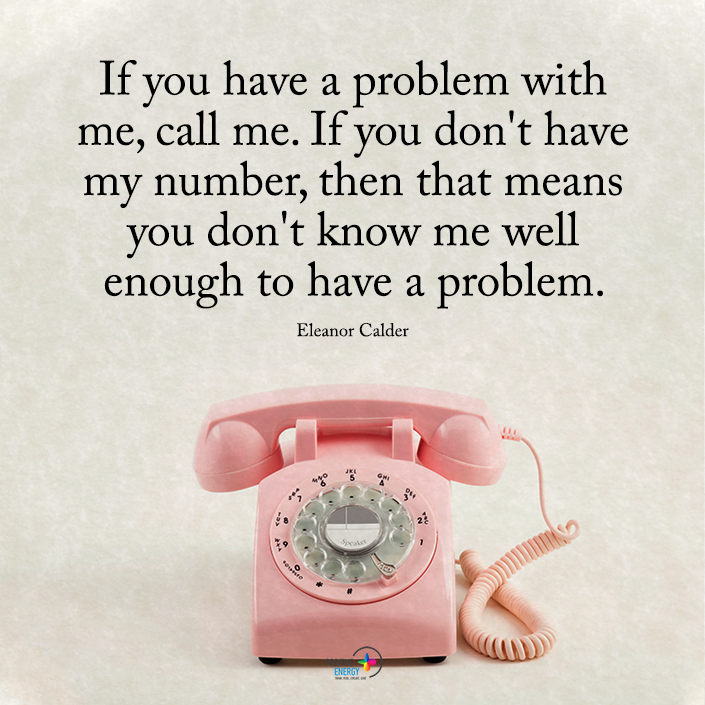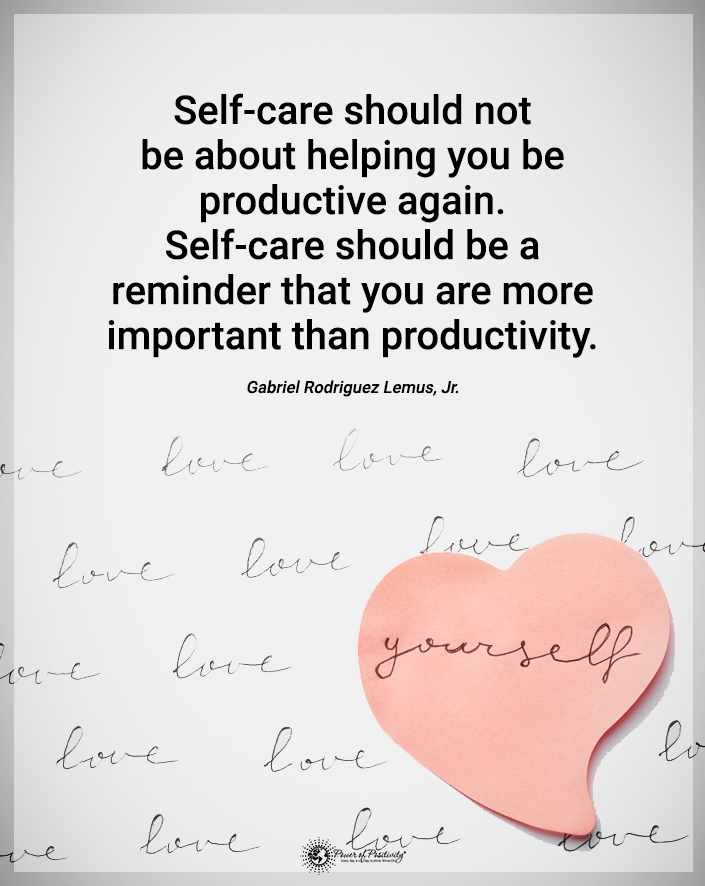Doctors call ovarian cancer a “silent killer” because so many women do not recognize the symptoms of this type of cancer. They ignore them mainly because they get mistaken for other conditions. Learn the symptoms of ovarian cancer since early detection is critical for successful treatment. Here are ten signs of ovarian cancer that most women ignore.
Who is affected?
According to the American Cancer Society, ovarian cancer affects approximately 20,000 women in the United States every year. Sadly, most women don’t recognize the common symptoms.
Ovarian cancer is most common in women aged 55 to 64 years old. It’s most common in women who start menstruating before they are 12 years old. Other factors that put women at higher risk include those who are:
- Overweight
- Had fertility treatments
- Have no history of pregnancy
- Have a family history of ovarian, breast, thyroid, colorectal, or endometrial cancer
- Smoking
- Taking estrogen without progesterone for at least ten years or more
- Have inherited a gene mutation

What are the different kinds of ovarian cancer?
- Epithelial ovarian cancer: This cancer develops on the surface of our ovary. It’s the most common type of ovarian cancer.
- Germ cell ovarian cancer: This cancer develops in the reproductive cells of your ovaries. It’s a rare form of this cancer.
- Stromal cell ovarian cancer: This cancer is in the connective tissue cells, and it’s infrequent.
- Small cell carcinoma: This is a rare type of ovarian cancer. Doctors aren’t sure where this cancer originates.
With early detection, some kinds of ovarian cancer have a better chance of being treated.
Ten signs of ovarian cancer you should never ignore
Early detection is the key to survival!
1. Get full quickly when you eat and feel nauseous
If, when you eat, you feel like you get full quickly and then feel nauseous, be aware that it could be a sign of ovarian cancer. As cancer spreads, it affects your bowels. Things get backed up, causing the full feeling and nausea. You could also have fluid buildup, which makes you feel full. These signs are easy to overlook, but you shouldn’t ignore them. Take action, get checked out.
2. Persistent Pain in the Abdomen or Pelvis
Persistent pain in your stomach or pelvis area is a symptom of something wrong. Having pain in your abdomen isn’t normal. If the pain lasts more than a week, be sure to get checked out by your doctor. This is a classic symptom of ovarian cysts or cancer. So, don’t ignore it.
Other reasons for your abdominal pain could be:
- Constipation
- Irritable bowel syndrome
- Food allergies
- Food poisoning
- Lactose intolerance
- Appendicitis
- Bowel blockage
- Abdominal aortic aneurysm
3. Weight loss when you aren’t trying
Weight loss is often the first sign of cancer in women. If you have an unexplained weight loss of ten pounds or more, be sure to understand what’s going on. This is a classic symptom of ovarian cancer that often goes unnoticed. Early detection is critical. The American Cancer Society says that only 20% of ovarian cancers are found in an early stage. When it’s found early, approximately 94% of women live longer than five years after diagnosis. Of course, weight loss isn’t always a symptom of cancer. These other conditions cause unexplained weight loss.
- Hyperthyroidism
- Dementia
- Celiac disease
- HIV
- AIDS
- Gastroenteritis
- Abdominal infection
4. Irregular periods
When you have a tumor on an ovary, it throws your menstrual cycle off. You may note changes to your menstrual cycle: more or heavier periods than usual, cycle irregularities, or no periods at all. Women who get ovarian cancer after menopause may suddenly start stopping. You may also experience heavy bleeding and bloating. Interestingly, this isn’t the most common symptom of ovarian cancer. Some conditions affect your menstrual period, including:
- Stress
- Birth control pills
- Endometriosis
- Uterine polyps
- Fibroids
- Endometriosis
- Pelvic inflammatory disease
- Polycystic ovary syndrome
- Premature ovarian insufficiency
5. Increased urgency to urinate
Running to the bathroom every 20 minutes isn’t normal. If you aren’t drinking more water, your frequent bathroom visits could be an early sign of this silent cancer. If you have a tumor growing on your ovary, it puts pressure on your pelvic area, which puts pressure on your bladder. This causes you to need to go to the bathroom more. You might mistake this for a UTI or think it’s because you’re getting older. It’s good to be aware of other conditions that may cause extra bathroom breaks. These include:
- Bladder stones
- Kidney problems
- Anxiety disorder
- Vagninal prolapse
- Diabetes
- Drinking too much alcohol or caffeine
- Taking diuretics

6. Back pain
Back pain doesn’t always mean you have this type of cancer, but it’s worth noting because it is a disease symptom. You may have lower back pain that persists all day. It can interrupt your sleep. Pain relievers may not help or help temporarily. The cause of this pain is fluid buildup collecting in your pelvic area, irritating the tissue in your lower back. Take action, and get checked out to ensure you don’t have this cancer.
7. Fatigue (extreme tiredness)
Another common cancer symptom is fatigue. It’s probably one of the most common effects of cancer. There’s no evidence that one ovarian cancer has less fatigue than another. Early detection is essential for prompt diagnosis and treatment. If you have had extreme fatigue for several weeks, don’t ignore it. Other conditions that cause fatigue include:
- High blood pressure
- Obesity
- Heart disease
- Anemia
- Diabetes
- Fibromyalgia
- Weakened immune system
- Chronic fatigue syndrome
Be sure to get checked out even if you feel silly going to the doctor because you’re tired. Better to be wrong than to find out later you have cancer. You don’t want to have regrets about not getting checked out.
8. Pain during sex
If you have an ovarian tumor, it will cause you pain and discomfort during sex. This could be because the tumor is pressing against your vagina. Besides this, your body undergoes hormonal changes after ovarian cancer. This can be the source of the pain you’re feeling. If you’re noticing this during intimacy, don’t delay getting checked out by your gynecologist.
9. Heartburn
Besides feeling full and nausea, other digestive symptoms of this type of cancer include heartburn. This is an elusive symptom that often gets overlooked by women. It’s easy to assume your heartburn is because of something you ate, getting older, or some other condition. Ovarian cancer pushes against your bowels and abdomen, pushing acid into your esophagus. Don’t talk yourself out of making an appointment with your doctor. Even if you feel silly worrying about this symptom, that’s okay. It’s better you are wrong than to find out your concerns were justified later. Early detection gives you a better chance for treatment and could save your life.
10. Bloating
This symptom is a tough one because women experience occasional bloating. It’s easy to assume your bloating is because of your menstrual cycle or something you ate.
When an ovarian tumor presses on your bowels and stomach, it results in bloating and discomfort. This elusive symptom is easy to overlook or discount. If you’re experiencing bloating for several weeks, make an appointment with your doctor to check out. You should find out it’s nothing more serious than waiting to find out you have ovarian cancer. Other health problems can cause bloating. These include:
- Celiac disease
- Pancreatic insufficiency
- Overgrowth of bacteria in your small intestine
- Irritable bowel syndrome
- Crohn’s disease
- Bulimia
- Anorexia nervosa
What is the treatment for ovarian cancer?
Treatment for this cancer involves surgery and chemotherapy. In surgery, the surgeon removes the cancer tissue. The chemotherapy shrinks and kills any leftover cancer. This chemotherapy treatment will be an infusion or pills, or sometimes both.
Can you get ovarian cancer if you had a hysterectomy?
Believe it or not, you are still at risk for ovarian cancer–even if you had a hysterectomy. Your risk depends on the type of hysterectomy you have had.
- Partial hysterectomy- A partial hysterectomy takes out your uterus.
- Complete hysterectomy-Takes out your uterus and cervix. Both procedures leave your ovaries intact. A procedure called salpingo-oophorectomy removes your cervix, uterus, fallopian tubes, and ovaries. If you have this procedure, you’re less likely to get this type of cancer But, it doesn’t remove all the risk.
What’s the risk after a hysterectomy?
There is a slight risk of getting peritoneal cancer. The peritoneum lines your abdominal organs close to the ovaries. Cells in the peritoneum are like ovary cells. If you get cancer in these cells, it acts and looks just like ovarian cancer.

Final thoughts on the early detection of ovarian cancer
Ovarian cancer is elusive. Many of the symptoms of this type of cancer are easy to explain away as some other non-serious medical conditions. Plus, life gets busy. You’re trying to make it through your day. It’s normal to ignore even the obvious symptoms like fatigue, irregular menstrual cycle, bloating, or unexplained weight loss.
Learn these symptoms and disregard them as nothing. Early detection is vital for diagnosis and treatment. Remember, 80% of women are diagnosed early because they ignore these signs. Your quick response could save your life.
The post 10 Signs of Ovarian Cancer Most Women Ignore appeared first on Power of Positivity: Positive Thinking & Attitude.







